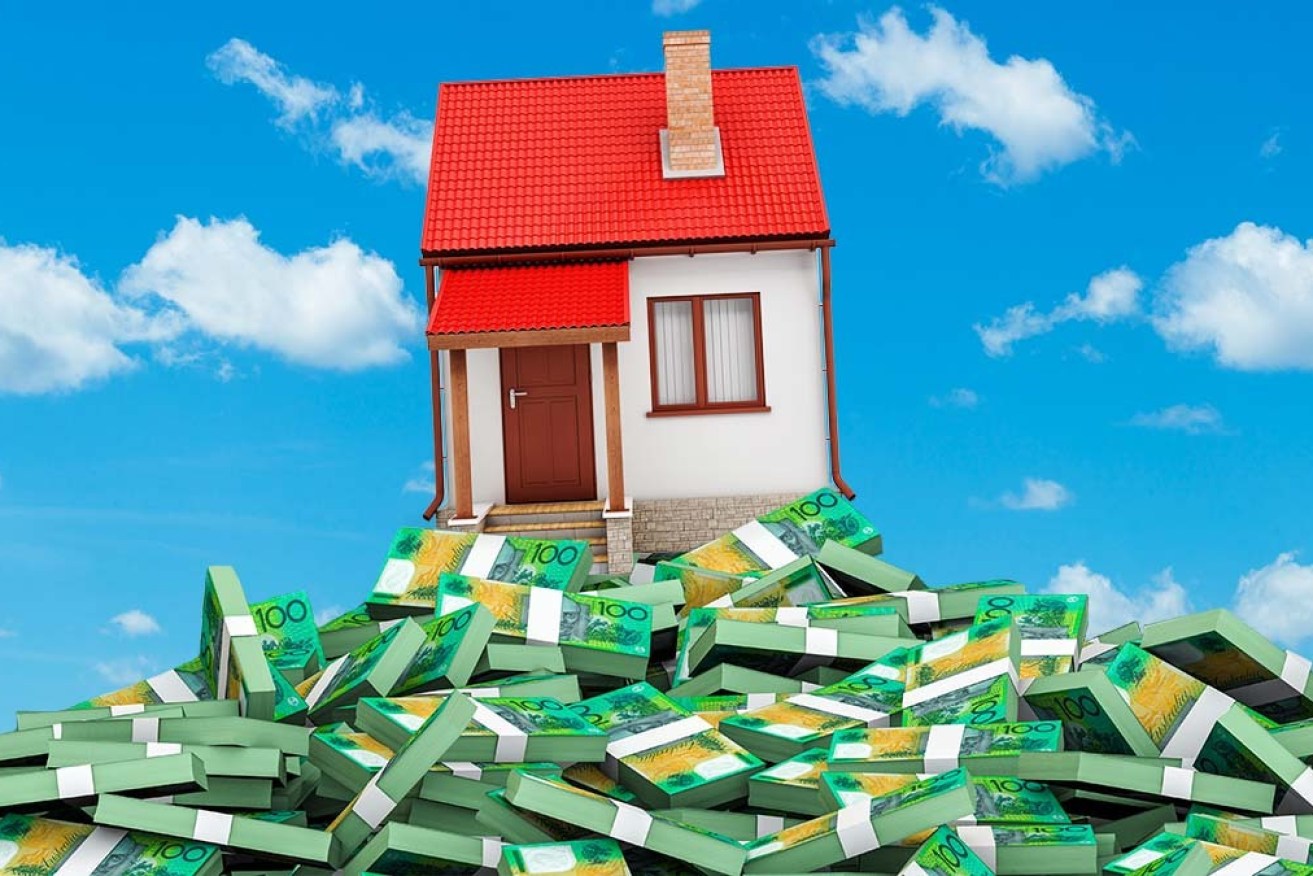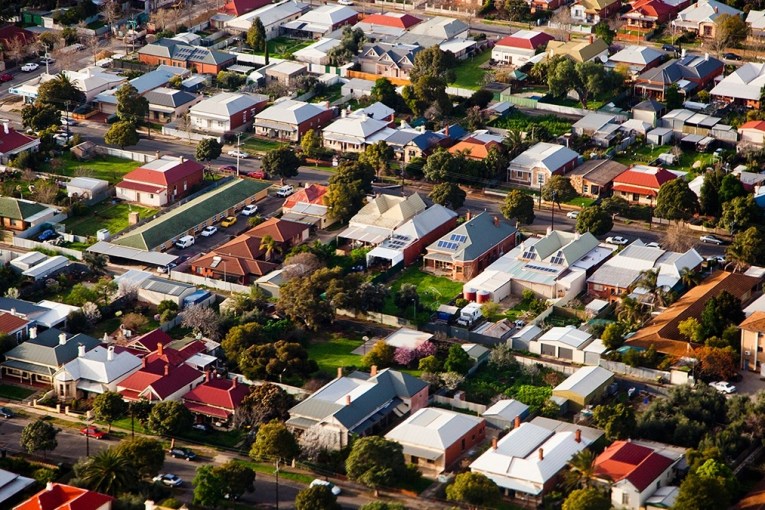‘Mountain of equity’: Millions of home owners could save thousands


New data reveals home owners are sitting on mountains of new equity. Photo: TND
If you’ve become a home owner in the past five years it might be worth getting an appraisal – you’re probably sitting on a “mountain of equity”.
As we’re all aware, house prices have soared lately. And while that’s bad news for rapidly worsening inequality, it also means those that do own a home could save money on their mortgages, upgrade their properties or even borrow to finance that renovation they’ve been wanting to get done.
Refinancing could save you thousands in interest repayments a year.
You’ll be in a particularly strong position if you’ve also been able to keep up with your mortgage repayments during COVID, because you now own a larger proportion of a house that has rapidly increased in value lately.
It’s a virtuous cycle that’s making the gap between the haves and have-nots much larger in Australia by pushing up property prices even faster.
Owner-occupiers have been the keystone of the latest property boom, with most being existing owners upgrading their homes.
Who could blame them? RateCity research published this week finds an owner-occupier in Sydney who bought at the median price in 2019 with a 20 per cent deposit has now seen their wealth increase by $402,000.
Apply the same conditions to Melbourne and wealth has risen $192,000.
This assumes property owners kept up with their mortgage repayments, which the majority of home owners have done while working from home and taking part in a $300 billion government cash splash during COVID.
“Millions of home owners are sitting on a growing mountain of equity, some without even realising it,” RateCity research director Sally Tindall said.
How to benefit
If you’re in this situation, getting the value of your home appraised could be the first step to a better home loan or moving up the property ladder.
“If you’ve owned your own home for at least a couple of years, and have been diligent about paying down your debt, you could refinance to a lower rate,” Ms Tindall said.
“Lots of lenders offer interest rate discounts to new customers with loan-to-value ratios below 70 per cent, including ‘big four’ banks CBA and Westpac.”
What’s a loan-to-value ratio? Put simply, it’s the difference between the size of your home loan and the value of your property.
So, as an example, if your home is worth $1 million and your mortgage is $100,000 you have a loan-to-value ratio (LVR) of 10 per cent.
The lower your LVR, the easier it will be to refinance your loan at a lower interest rate or to borrow more to buy a higher-value property.
First-home buyers might also be able to remove the guarantor on their loan sooner than they thought because of rapidly increasing prices.
About 58 per cent of the lowest variable interest rates available are open only to those with deposits of 30 per cent or more, RateCity said.
In other words, rising property prices may have moved you into the club of home owners that can achieve lower interest rates on their mortgages.
A median Sydney property purchased on an 80 per cent LVR in 2019 could now be refinanced on an LVR as low as 55 per cent.
If those conditions are applied in Melbourne, the LVR falls to 63 per cent.









